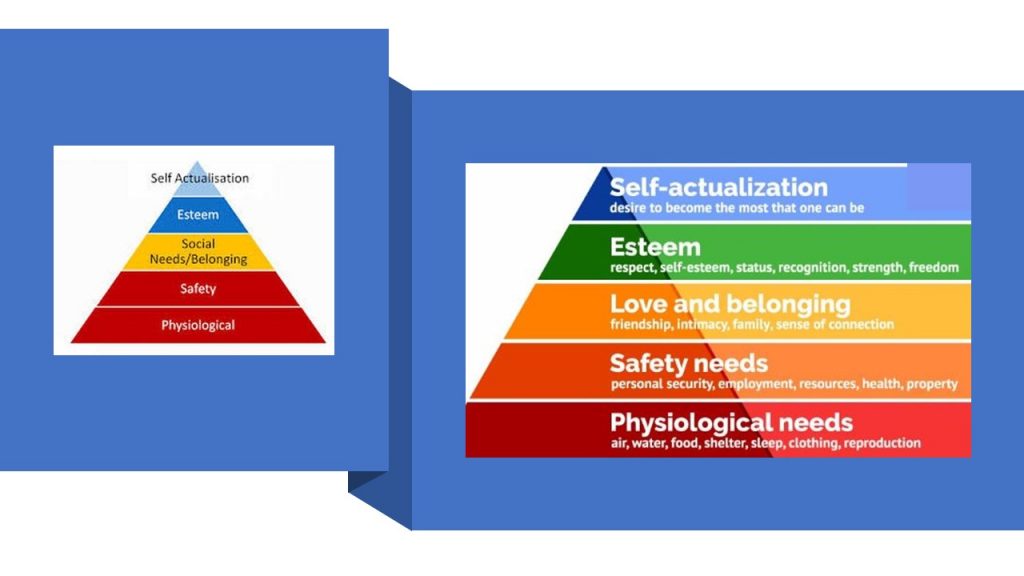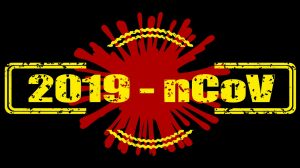Word Management and Business are used interchangeably. Human Resource Management is an important aspect of a business or organization’s management. We can define the word Management as “The art of getting the things done efficiently and effectively is called management.” How management subject or concept came into being in this world? Why Human Resource Management is important in an organization or business ? To find all these answers we should know the history of management and HRM.
History of Management
In the beginning of this world human didn’t have machines . They work manually and produce the quantity of products to meet the number of consumers . As the world’s population increased ( Population explosion) , the number of consumers also increased and the demand of products increased . This scenario shifted humans from manual to mechanical as they started working on machines. To meet the demand and production (supply) , that how much workers ,machines and resources needed to produce required items led the owners of factories , normally a Capitalist’ to take decision about its management . So, the management concept had been created .
History of HRM
Human Resource Management history can be understood from many perspectives Its Basic Concepts and Perspectives
- Classical Perspective
- Humanistic Perspective
- Management Science Perspective
- Current/Modern Development Perspective
1) Classical Perspective
The perspective is to convert human into machines to raise the productivity. There are three sub-schools of classical perspective .
i) Scientific Management:
According to this there should be laws in management like in science . As there are laws in science but No laws in arts. So , Fredrick Taylor discover the One Best Way Approach , he said there is always some shortcut to achieve the goal ,called it one best way approach.
ii) Bureaucratic Management
This reflect the idea of hierarchy , mean there should be designations of people in the organization or business. So that the customer have an idea that Either he is meeting with manager ,owner ,CEO or some worker. So the customer will go and deal to the respective and responsible person of the organization or business .
iii) Henry Fayol
Henry Fayol give 14 principles of management. Some of these are Unity of command , Unity of direction , Discipline ,order ,division of work and responsibility. All these principles have implementation in the management of an organization and business.
2) Humanistic Perspective
This perspective of human resource management main focus is ‘’ Treat human as humans “ means don’t put extra load then their capacity . If you treat them like humans ,they will remain consistent on their work. This perspective also have three sub-schools
i) Human Relationship Movement
When you make someone special , they start working as special . This was observed in Halo-Horns effect, when a bulb invented then company want to assure the people of its importance by an experiment . They categories the workers of a factory into two sections. One room enlightened with modern ,digital light or bulb . While others worked in its conventional light system. It was observed that production under the bulb/modern lights much more than old light system. So, it inspired the people about the importance of bulb . But those workers which worked under the bulb or modern lights felt themselves special than others. When they were given old light room again ,their production do not reduced. They had become special and worked as same pace . So , it confused the experimenters. How is it possible ? This was known as Halo-horns effect.
When we make people realize that they are special for you . They work as a proud . | Basic Concepts and Perspectives of HRM
ii) Human Resources Perspective
This perspective mainly focused on Abraham Maslow theory of Hierarchy of needs. Theory of Hierarchy from physiological needs to self-actualization explains the priorities of human. If the person is worker in factory his needs are physiological . When a human progressed in relevant field ,suppose He become manager ,his needs now changed from physiological to safety and social needs. When He has appointed as CEO or Head ,now his needs are not materialistic . He want self-esteem position. Self-actualization is concerns with the persons who have big aim and purposes in their lives.

There is also a theory of McGregor : Theory X and Theory Y . Theory X says that a person is not passionate , he is not responsible . Theory Y says that man want to work . | Basic Concepts and Perspectives of HRM
iii) Behavioral Science Approach
It says that there are two sciences . One is Natural science and other is Behavioral science. Natural science is generally not directly applied in humans . While the Behavioral science directly deals with the humanistic activities . Like financial behavioral can be understand by Economics , Sociology and philosophy and psychology , these all sciences applied in Business .
3) Management Science Perspective
The applications of mathematics , statistics ,sciences and IT is called management perspective. To manage the business and people , the application or implementation of these science are useful . Management science deal with the management issues and used to take effective decisions. Management can be financial management, resources management, production management or demand or supply management etc..
4) Current/ Modern Development
This is also called system approach or holistic approach . When inputs converts into outputs through transformational process is called system . This approach lead to synergy by minimizing entropy. When transformational process minimize the entropy , it become effective and efficient . These are the Basic Concepts and Perspectives of HRM
This was all about management and HRM history ,how it is evolved and how it become necessary for every organization . Perspectives of management then HRM. If you have any query comment below or contact us. If you like the information share it .Thank You!
Read more
How Performance Management is necessary? HR Outsourcing
4 Important functions of HRM | Human Resource Management






























